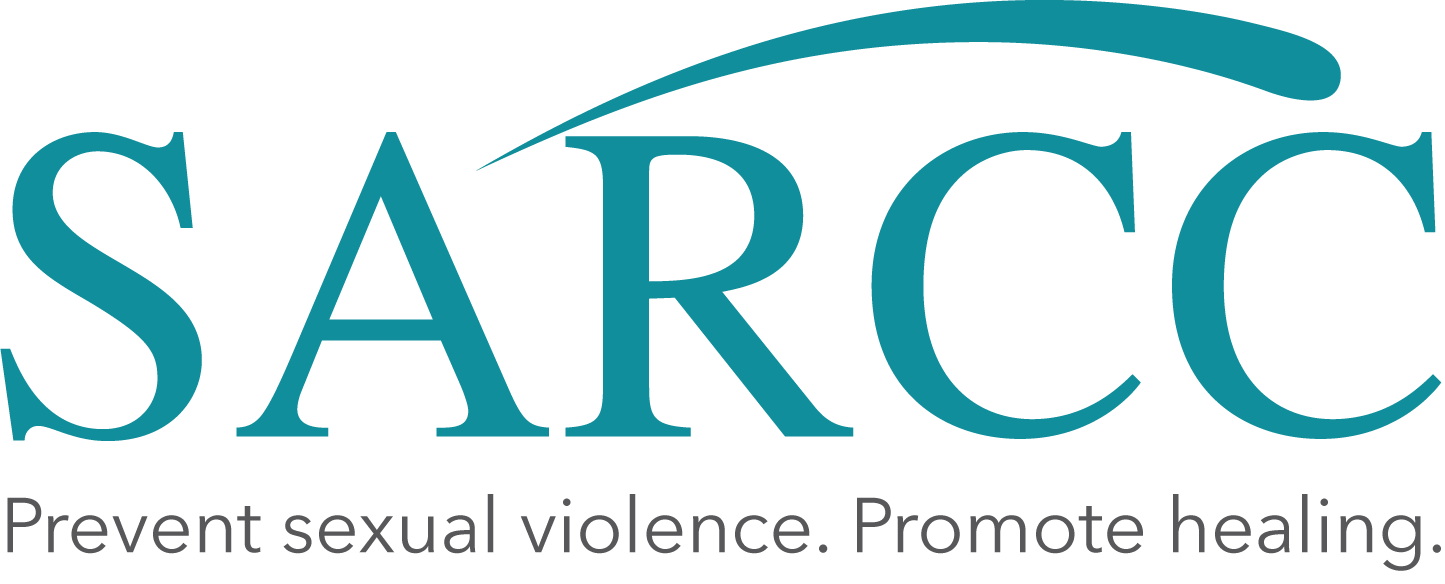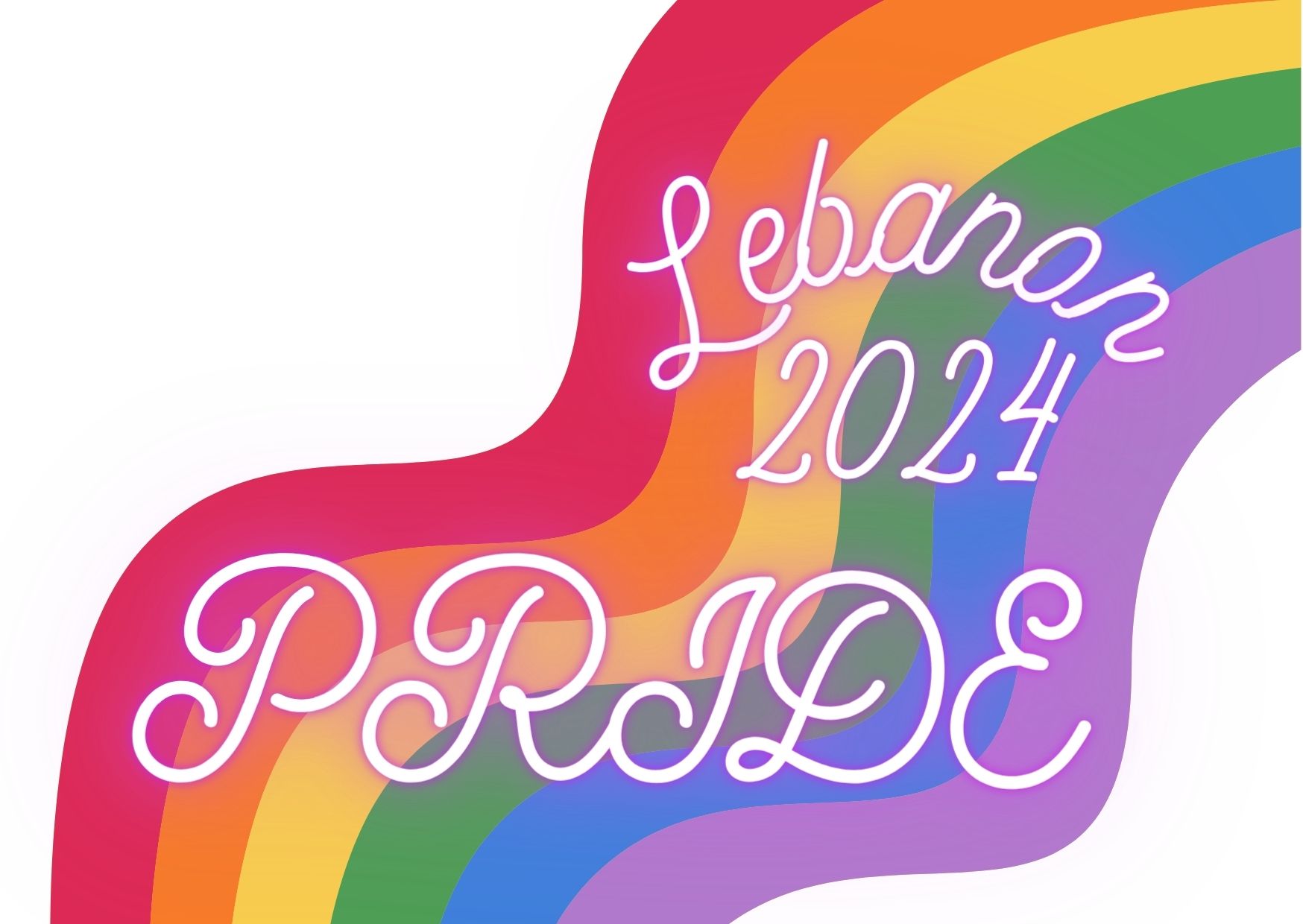This past week, the SARCC Board of Directors held their quarterly board meeting. At each meeting, we share a resource and discuss a topic that relates to SARCC’s anti-oppression work and social transformation value. Policy and court decisions over the last few months have many of us wrestling with the topic of reproductive justice.
What our board discussed and many don’t realize is that this topic goes so much deeper than a person’s right to choose. Survivors of sexual violence may face an unwanted pregnancy as a result of someone else’s violent choice. In the aftermath of healing, survivors often struggle to regain a sense of ownership and safety over their own bodies. There are dangers when politicians or court personnel interfere with medical best practices or bodily autonomy without full information. What’s more, people on the margins due to racism, sexism, poverty, care access, gender identity, age, or marital status are more deeply and negatively impacted by these decisions. There is a history of violence and trauma that contributes to these negative impacts today.
SARCC upholds a survivors right to make full and informed decisions about their bodies and their care and healing after sexual violence. Our communities and legislators will continue to struggle over these issues and questions. It’s vital that we keep educating on the impacts to survivors and the intersections in our communities. We need to ask tough questions, and find ways to help survivors navigate these uncertain times while still helping them to build safe healing connections in their own bodies and in their communities.
Resource of the Week:How Reproductive Justice is Part of an Anti-Racist Agenda (Podcast)


